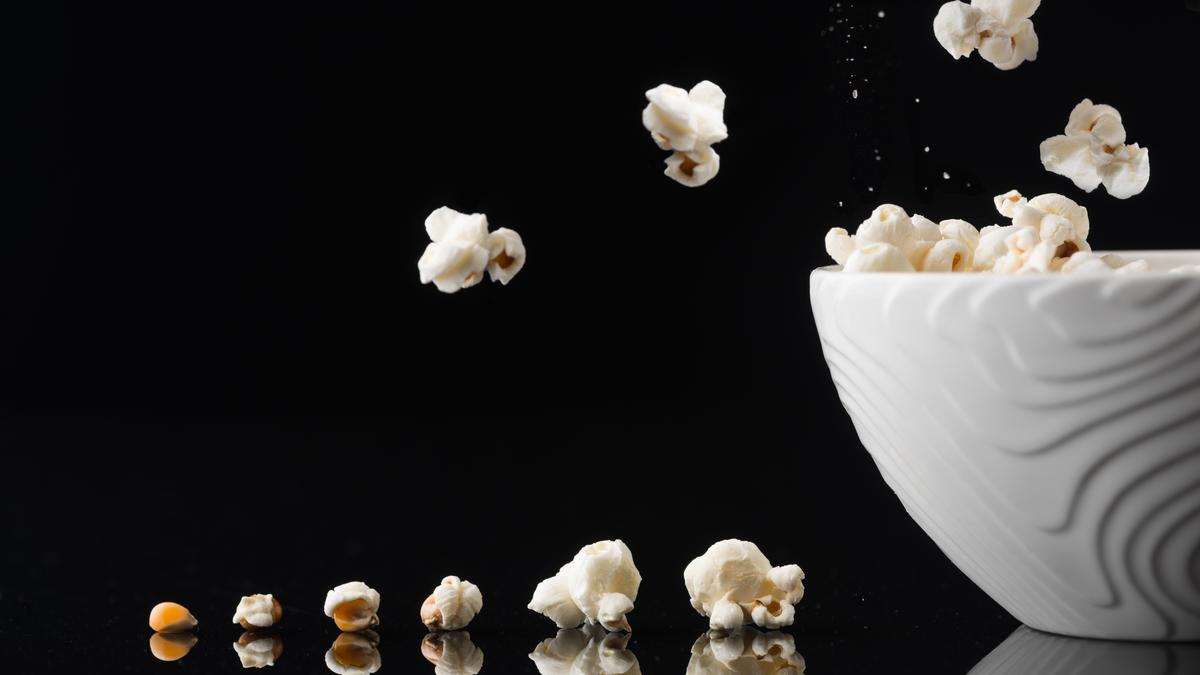In scientific circles, the SARS-CoV-2 virus is well-known as a vasculopathic agent: a damager of blood vessels.
The dominant respiratory symptoms associated with COVID-19 are largely due to clotting and inflammation in the blood vessels of the lungs (rather than the direct involvement of the airways). Its more severe complications, including neurological ones like stroke, are rooted in vasculopathy as well.
Lack of correlation
Persistent thrombo-inflammation is an important mechanism in a complex web of factors that leads to the myriad symptoms of post-acute sequelae of SARS-CoV2 infection — a.k.a. long COVID. This condition continues to affect millions of people worldwide even after high population immunity and the significantly lower incidence of severe COVID-19.
This is why blood thinners have played a significant role in managing the complications due to COVID-19. Sadly, researchers have found that these complications aren’t correlated with the severity of initial COVID-19, meaning a person can have these complications after mild or even asymptomatic COVID-19 infection.
Large knowledge gaps exist regarding the mechanisms underlying the blood’s difficulties with clotting (coagulopathy), their consequences, and treatment options for the resulting inflammation and neuropathology.
Turned on its head
A study published in Nature on August 28 provided a new perspective on this scenario and has seeded hope of a breakthrough in managing these cases.
The study was concerned with fibrinogen and fibrin, two components of blood that play important roles in clotting. Fibrinogen is a soluble protein that is formed in the liver and subsequently converted to the insoluble fibrin.
Whenever the body bleeds, the event triggers a carefully controlled cascade of processes that finishes with a clot. Uncontrolled or abnormally triggered clotting is the root cause of clotting-related complications of several clinical conditions, including those of COVID-19 and long COVID.
The current concept of SARS-CoV-2 pathogenesis is that the inflammation triggered by the virus damages the endothelium, or inner lining, of blood vessels. This triggers the clotting process during which fibrin is deposited in the blood. But the new study has turned this concept around. Using a mouse model of COVID-19, the researchers showed that fibrinogen and fibrin actively bind to the spike protein of the SARS-CoV-2 virus and that this relationship drives the inflammation and the complications in the lungs and the brain.
That is, rather than being part of the effect, fibrin is reportedly the driver of COVID-19 inflammation and neuropathology.
The spike protein-fibrin combo
The team has provided stepwise evidence to support its findings. First, the researchers demonstrated the binding of the trimeric spike protein with fibrinogen with significant affinity. They also showed the spike protein and the fibrinogen become localised in high concentration in the lungs (during an experimental infection with the virus).
The researchers also reported that a specific binding site, called γ377–395, on fibrinogen is where the spike protein attaches itself. (Conversely, there were multiple sites on the spike protein where the fibrinogen could bind itself. One in particular, called spike37–103, the researchers identified as the “best”.)
Next, they showed that the interaction of the spike protein with the fibrinogen, and fibrin, leads to an altered clot structure that resists being broken up (lysis). This correlates well with the lower-than-usual effectiveness of clot-dissolving drugs in people with COVID-19.
Further, the researchers showed the abnormal clot could trigger inflammatory activity that becomes worse when the fibrinogen is converted to fibrin. They also showed that the fibrin-spike protein combo altered immune pathways.
Not related to vaccines issue
We know that the spike protein continues to circulate in the body of patients who have long COVID even after the active infection has cleared. So the researchers studied the role of the fibrin-spike protein combo in a post-infection scenario as well. Here, they reported a fibrin-dependent mechanism that elicited an inflammatory response in the presence of the spike protein but even if there was no active infection.
Importantly, the researchers have said this is not the mechanism underlying the rare clotting-related complications associated with COVID-19 vaccines based on an adenovirus vector. These complications are instead related to the adenovirus component and aren’t seen in vaccines based on other platforms that also use the spike protein.
A monoclonal antibody option
The study is interesting because it demonstrates a possibly attractive therapeutic strategy that could change the way we manage COVID-19 and long COVID.
In fact the researchers found that monoclonal antibody 5B8 binds to the γ377–395 site of fibrinogen and could keep the spike protein at bay and prevent all the resulting complications. This antibody also doesn’t alter the normal functioning of fibrinogen and doesn’t induce its own clotting-related side effects.
They demonstrated this therapeutic strategy in a mouse model of COVID-19. An affinity-matured derivative of 5B8 modified for human use has already entered phase I clinical trials to assess safety and tolerability. If it successfully completes this phase, it is likely to enter into phase 2 where researchers will assess clinical endpoints.
Proceed with caution
This said, although the study appears to be a path-breaking advance, critics have rightly argued that this is a preliminary animal study and that there is still a long road ahead.
Further, although the researchers have repeatedly stressed the importance of the study’s findings for the management of long COVID, the study duration was not long enough to qualify as a study of long COVID per se. Most conclusions in the study are based on hypotheses and extrapolations that will need to be confirmed by more studies specifically planned for that purpose.
Finally, the researchers’ conflict of interest is important: many of the co-authors are associated with companies that manufacture fibrin antibodies and are also patent-holders for the development and therapeutic use of antibodies.
Puneet Kumar is a clinician, Kumar Child Clinic, New Delhi. Vipin M. Vashishtha is director and paediatrician, Mangla Hospital and Research Center, Bijnor.














